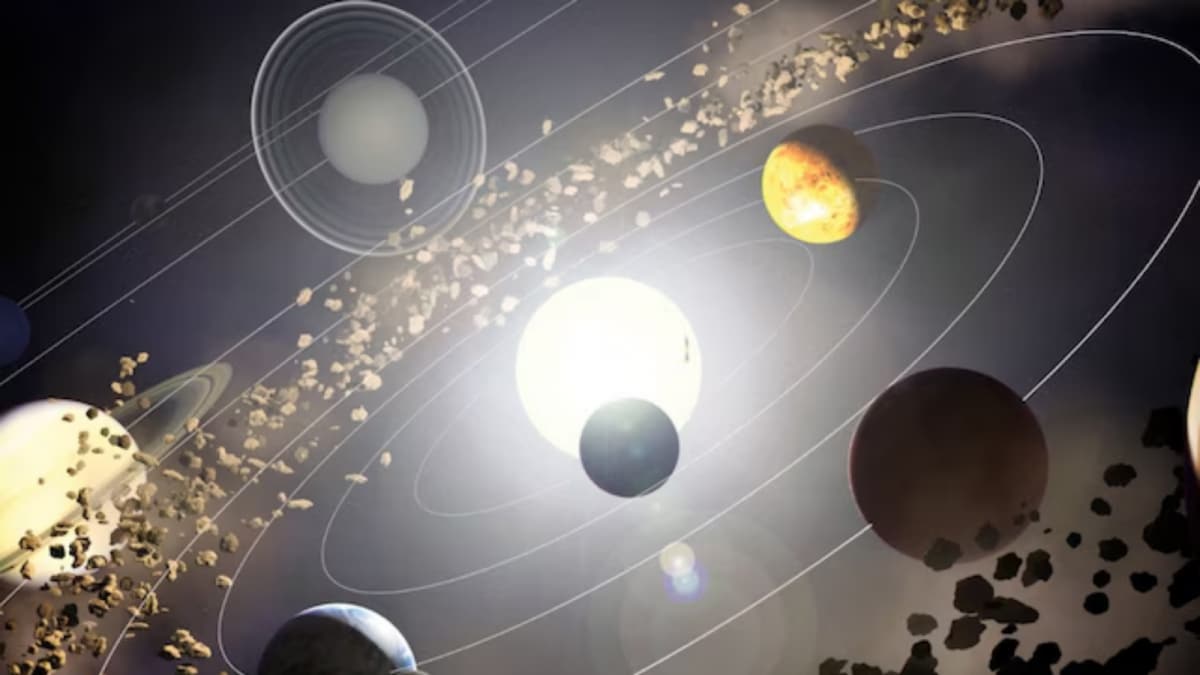If the Sun Suddenly Went Out: What Would Happen to Earth and Beyond?
What if, one day, the sun simply stopped shining? This eerie hypothetical scenario raises many questions: Would life on Earth cease to exist? Could humans survive in space? Would our entire solar system unravel? A report from Live Science dives into these daunting queries and reveals surprising insights.
The Sun: Heart of the Solar System
The sun is more than just a distant ball of fire; it’s the life-giving heart of our solar system. Positioned at its center, the sun’s gravitational force keeps all the planets in their orbits, including Earth. For approximately 4.6 billion years, the sun has been a steady source of light and warmth, and it’s expected to continue for another five billion years. However, once it exhausts its hydrogen fuel, everything we know will begin to change.
The Slow Death of the Sun
The end of the sun will not happen abruptly; rather, it will unfold gradually. Initially, the sun will swell into a Red Giant, potentially engulfing Mercury and Venus. Earth, although possibly escaping this direct destruction, will still suffer dramatically. The light and warmth we’ve grown accustomed to will dissipate, leading to a swift decline in life.
The Aftermath on Earth and Beyond
With the sun’s light snuffed out, our planet will plunge into a state of eternal ice and darkness. The temperatures will drop to hundreds of degrees below freezing, causing oceans to freeze solid and disrupting atmospheric circulation. Life, as we know it, will vanish. Astronauts aboard the International Space Station would face a grim fate, devoid of energy and oxygen, while the gravitational forces that keep our planets in alignment begin to weaken. This disintegration will lead to celestial chaos, with planets drifting in aimless paths.
A Frozen Solar System
The eventual outcome of this cosmic cataclysm is a stark reality: the sun will shrink into a small, dense, cold sphere known as a white dwarf. What remains of the solar system will resemble a frozen graveyard, adrift in the void. While gas giants like Jupiter and some far-flung objects from the Oort Cloud may continue to orbit this remnant, the vibrant life and activity of the solar system will be a thing of the past.
According to astronomer Alan Stern, this isn’t just a tragic end; it’s part of a larger cosmic narrative. The universe continues to evolve, and over billions of years, rare events such as a passing supernova or gravitational influences from nearby stars could redistribute the remnants of our solar system. Some scientists even speculate about the eventual decay of fundamental particles, like protons, further compounding the loss of what we once knew.
What About Humanity?
As for humans, the likelihood is that we would have left Earth long before the sun’s demise. Whether through colonizing another planet or adapting in some other unforeseen way, humanity might find ways to survive. In this grim scenario, a descendant of humanity peering into the cold, dark expanse of the solar system would see only relics—a burnt-out star and a handful of planets, drifting silently where once there was life, light, and vibrancy.
In a world without the sun, the consequences would stretch far beyond Earth, creating a desolate solar system that echoes the fate of life itself. The questions of survival and human existence would prompt not only scientific inquiry but also profound philosophical reflection on our place in the universe.


